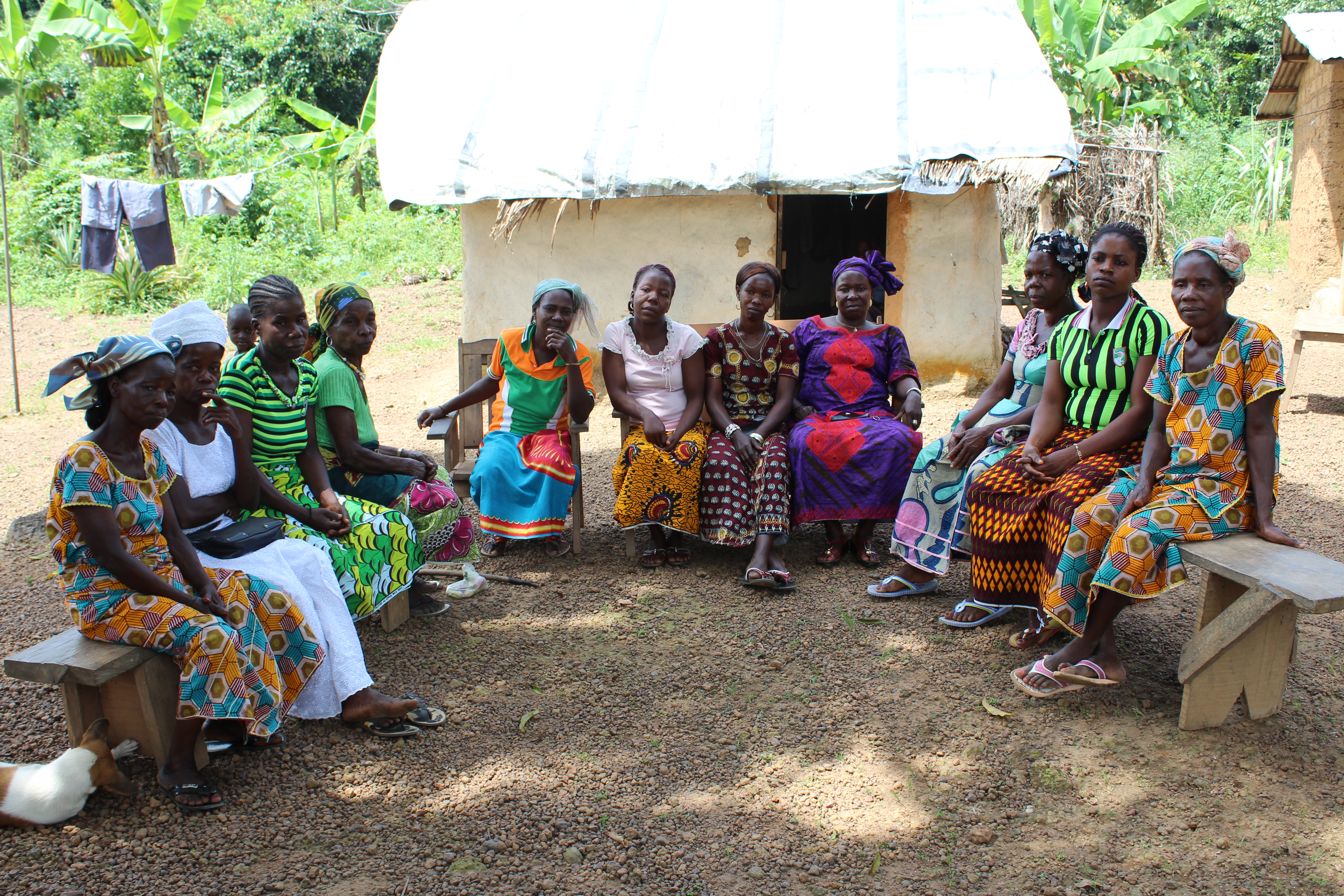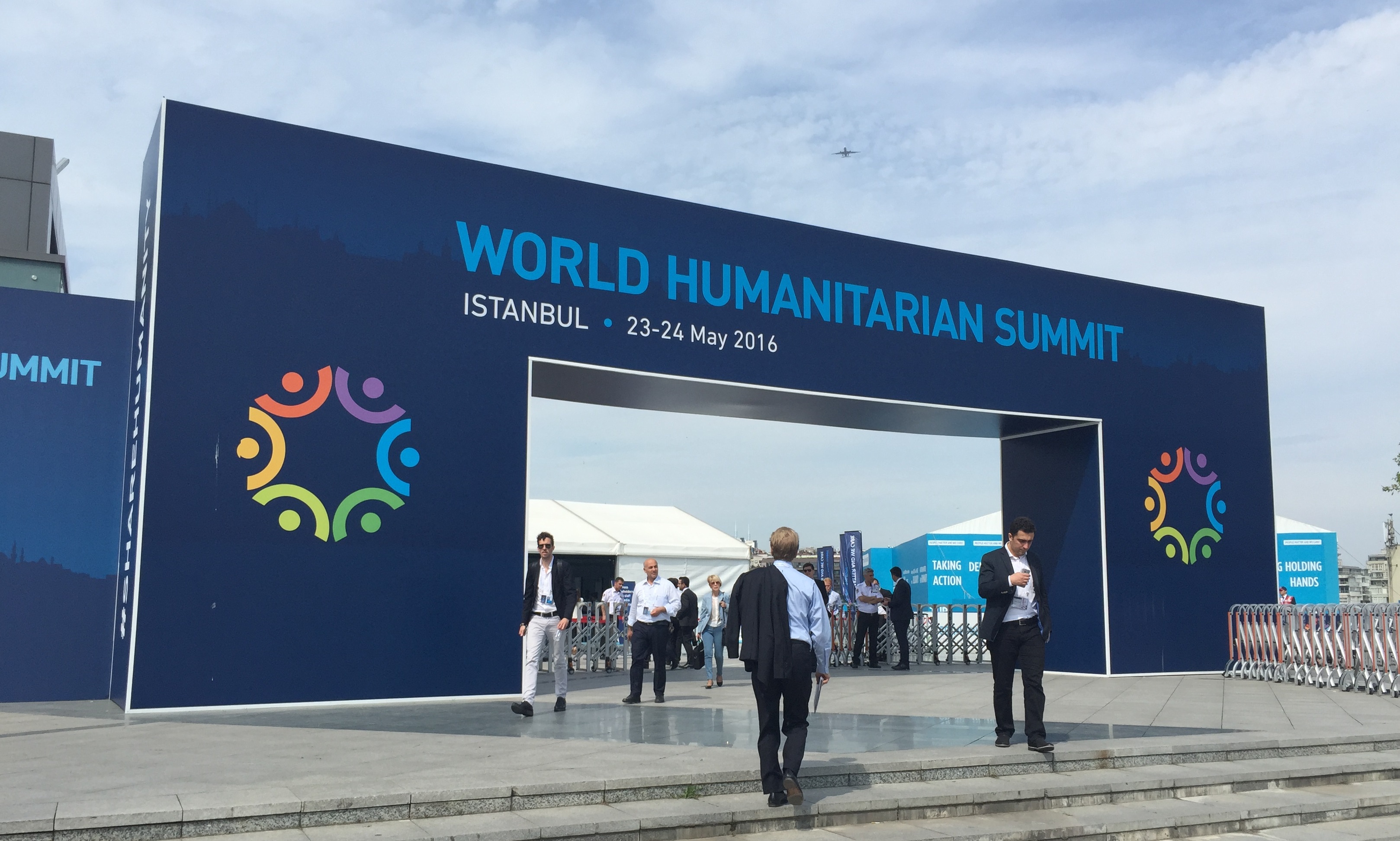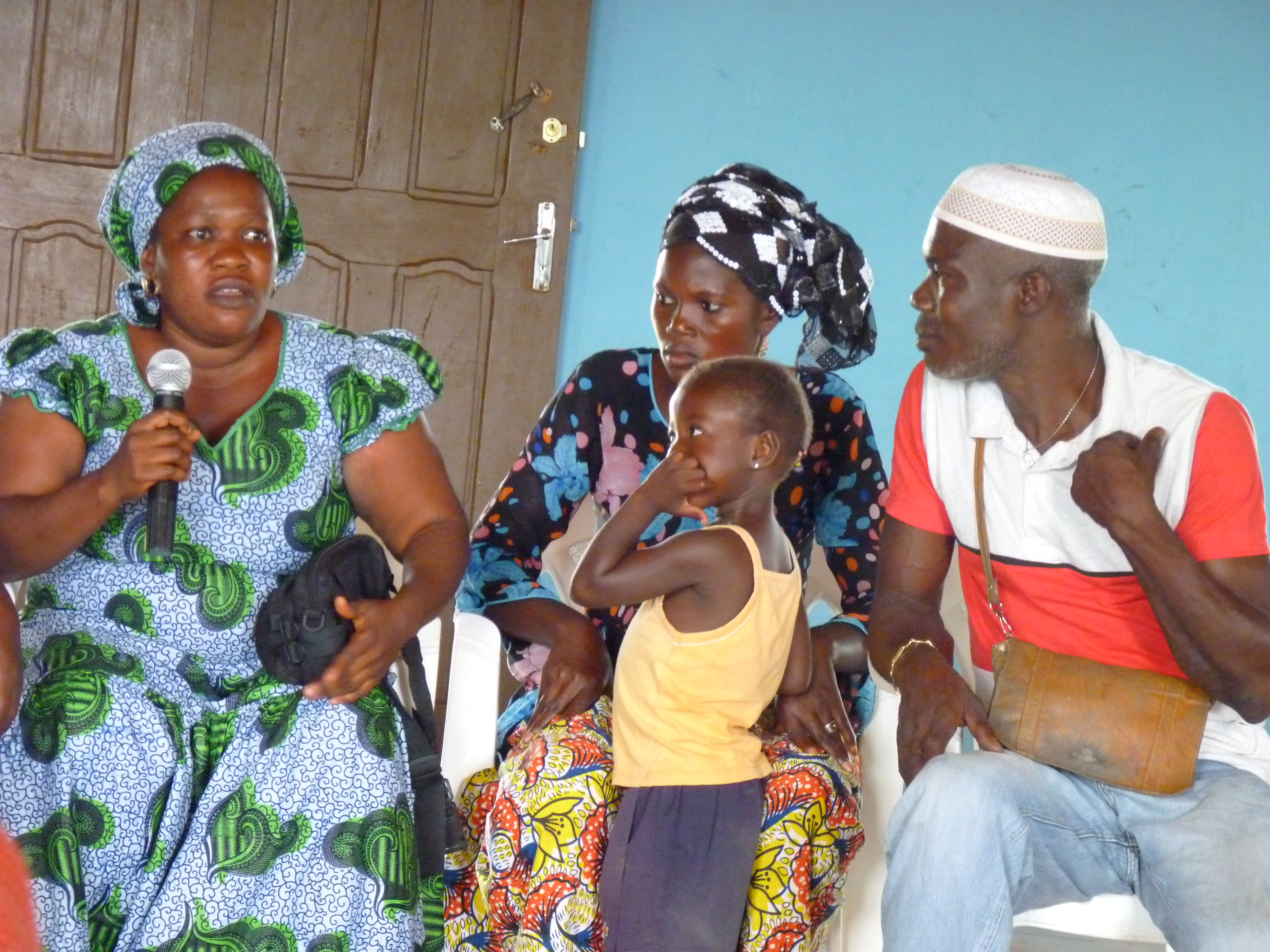How humanitarian response can strengthen resilience to violent conflict and end need

Last week, about 8,000 participants gathered in Istanbul, for the first World Humanitarian Summit. The event was launched to bring together world leaders, representatives from the humanitarian and development sectors, and other actors to identify and commit to new ways of addressing what has been described as the greatest global humanitarian challenges the world has faced since World War II.
Interpeace was there to contribute recommendations to this new wave of humanitarian reform.

World Humanitarian Summit - Istanbul 2016
Conflict is a key factor in the current humanitarian crisis, which has seen humanitarian need outstrip available resources: today, 80% of humanitarian aid is delivered in response to violent conflict. Strategies are therefore urgently needed to limit cycles of violence and long-term need, reduce people’s risks and vulnerability, and improve people’s abilities to become more self-reliant.
Interpeace’s inputs focused on the practical question of how humanitarian response can help break cycles of violence and need. “We don’t propose that humanitarian actors should become peacebuilding actors,” said Interpeace’s Lisa Rudnick, discussing her talk at the WHS. “Rather, we propose that, especially in fragile contexts where social and political ties are broken, local capacities for resilience to violent conflict can and should be strengthened through the ways humanitarian actors partner with local actors. But to do that, we need to move beyond partnerships on paper’ to meaningful partnerships.”
Meaningful partnerships signify an important shift not only for how internal and external actors work together, but also why. “Partnerships can be a powerful tool for strengthening resilience,” says Nene Morisho, Director of Pole Institute, Goma, DRC. “If resilience to violent conflict is the goal, then this has implications for how local partners are chosen, what role they play, and how those partnerships are evaluated.”
Interpeace’s specific recommendations for how this can be done were developed through a collaborative engagement with local partners in three contexts. Beginning in 2015, Interpeace launched a project together with Indigo in Côte d’Ivoire, Pole Institute in DRC, and Mustakbalna in Palestine to learn about local experiences of collaboration with external actors in the context of humanitarian response. When crisis hits, people are more than just beneficiaries of external aid. We wanted to learn from them how they are actors in their own experiences, and how working with external actors can contribute to the capacities a society needs to not only endure difficulty, but to move beyond what lead to conflict in the first place.

Côte d'Ivoire, Photo credit: INDIGO
The teams in all three contexts found many examples of local responses to crises, demonstrating that capacities persist even in the most adverse circumstances. Unfortunately, these were not always valorized by the international actors, who at times end up replacing rather than supporting local systems when they intervene – a tendency that the UN Secretary-General has called to reverse in the Agenda for Humanity.
“How aid is delivered is just as important as what is delivered. If you don’t build from local capacities, and if you don’t have resilience in view, you can end up doing harm when you intend to do good,” summarizes Onesphore Sematumba from Pole Institute in DRC in a video produced from the research.
Therefore, key recommendations emerging from the project and shared at the World Humanitarian Summit, are to redefine the success of humanitarian response to include strengthening resilience to violent conflict, and to adapt the system at different levels so that it does not only strive to meet immediate needs, but, in the process, strengthens societies’ social and political cohesion, inclusivity, and ability to transform beyond the fractures that fueled conflict.
Read more about our insights and recommendations here or browse a short overview of the recommendations here.
Get a glimpse of the local voices that are at the heart of the study through the accompanying video here.
